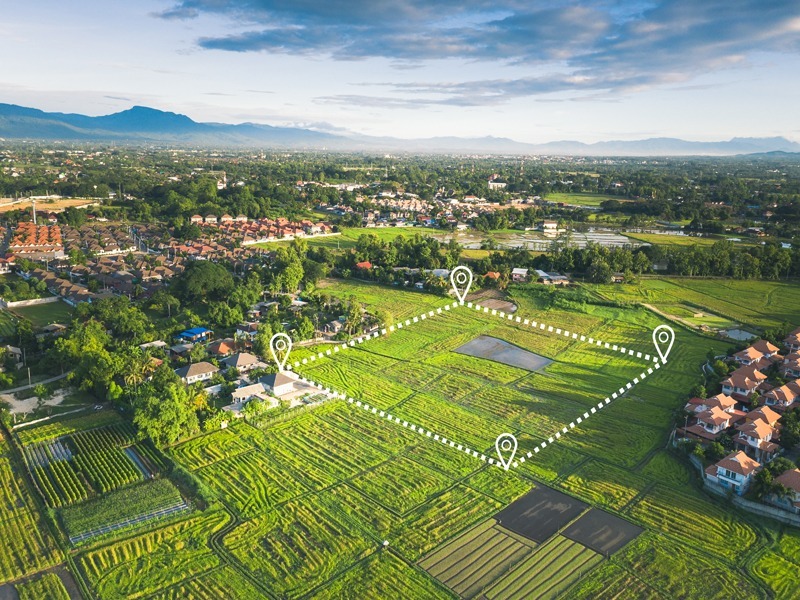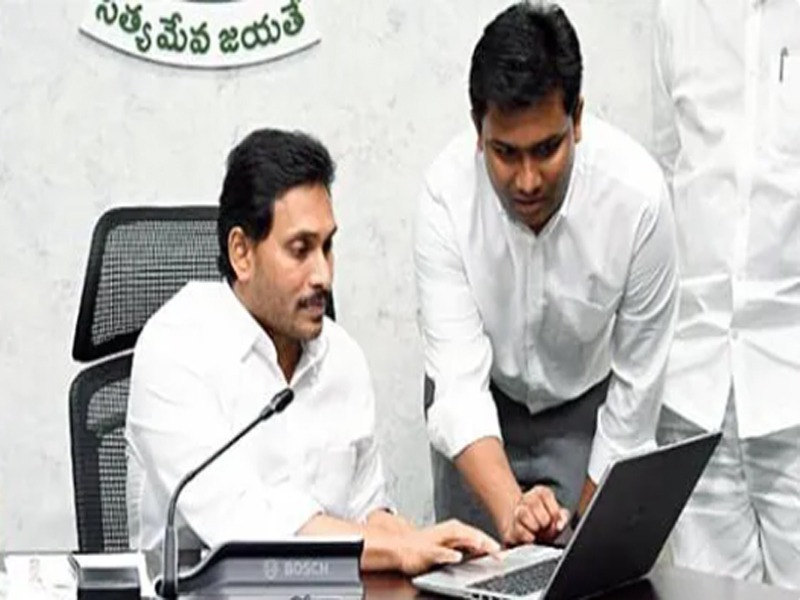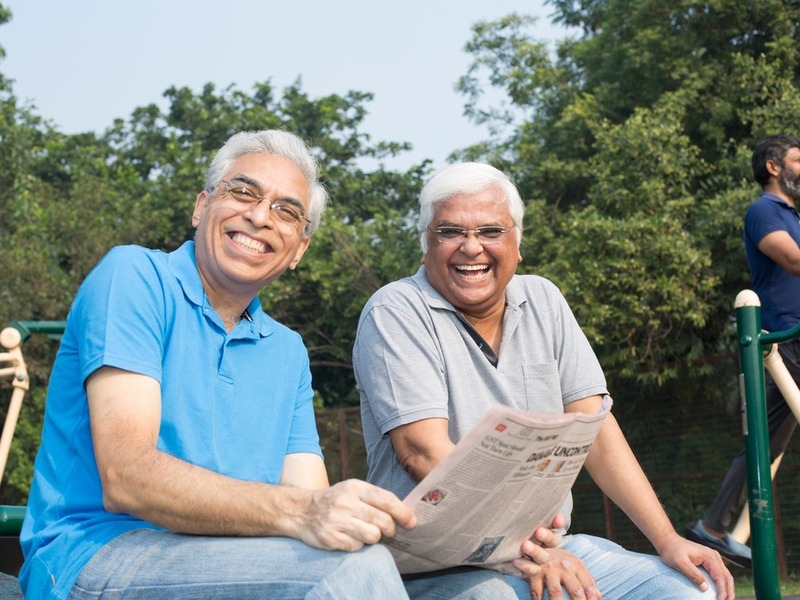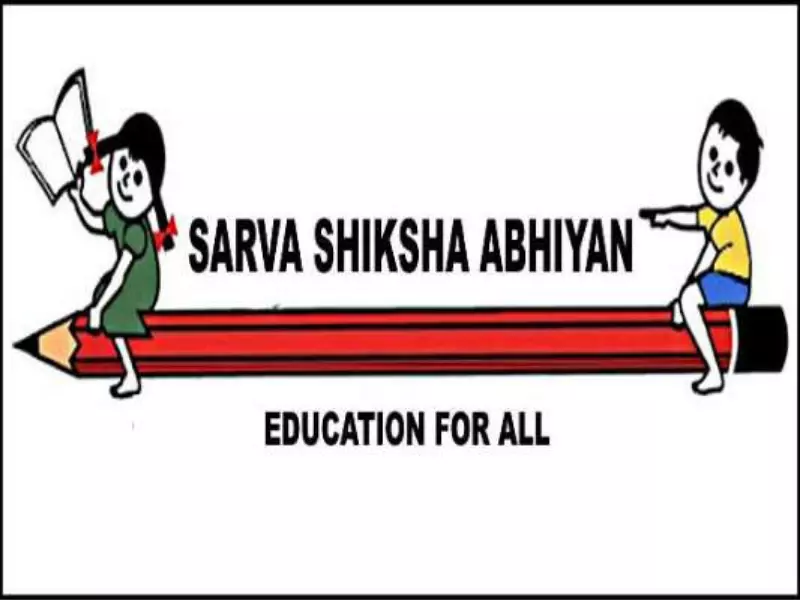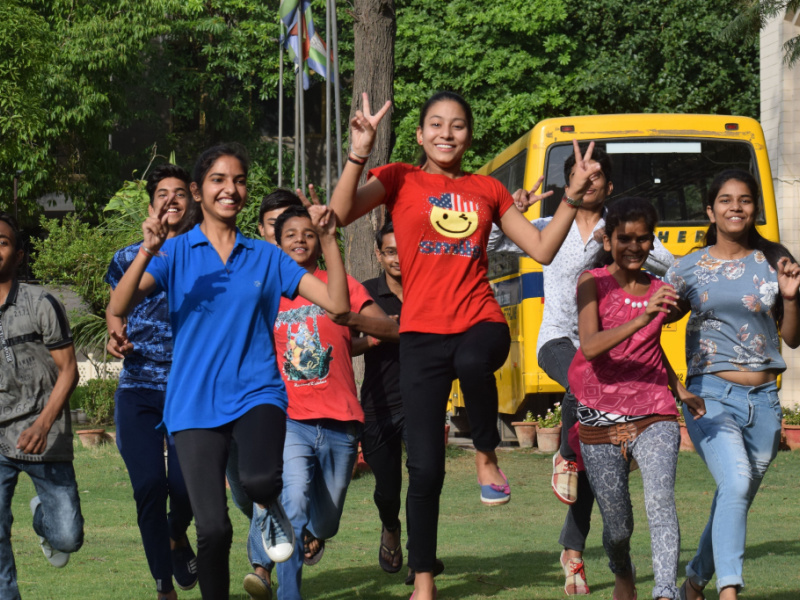
Introduction
The Prime Minister’s Research Fellowship (PMRF) scheme aims at getting the attention of all the right talent within the country who have PhD degrees of IITs (Indian Institute of Technology) and IISc (Indian Institute of Science). Their job will be to perform research on using cutting-edge technology in the science and technology field, majorly focusing on all priorities that the nation has.
Eligibility
Seat Allocation and PMRF Granting Institutions
All IITs, IISc, and Central Universities/NITs providing scientific and technology degrees have appeared in the top 25 institutes in the NIRF ranking (overall) the previous year will be eligible to offer PMRF.
Every year, PMRF seats are allocated to each PMRF granting institute according to the following rule:
A PMRF Granting Institute, ranking within the best ten rankings of NIRF, gets 3.5 per cent of its existing PhD student strength as PMRF seats on May 1st of each year.
A PMRF Granting Institute that ranks in the top 11 to 25 spots in the NIRF ranking (overall) receives 2.5 per cent of its current PhD student strength as PMRF seats on May 1st of that year. PMRF seats are distributed to remaining PMRF Granting Institutes at a rate of 1.5 per cent of the existing PhD student strength on May 1st of each year.
The above percentages will be scaled down correspondingly if the overall PMRF seat demand for a given year exceeds 1000.
Applicants for the PMRF should meet the following criteria:
Channel for direct access
In the three years before the application date submission, the candidate must have met one of the following criteria:
IISc/IITs/NITs/IISERSs/IIEST and centrally sponsored IIITs have finished or are in the last year of 4 or 5 year undergraduate or five-year integrated M.Tech. or two year M.Sc. or five-year undergraduate, postgraduate dual degree programmes in Science and Technology disciplines. These candidates should have a minimum CGPA/CPI of 8.0. (on a 10-point scale).
OR
They must have completed or studying in the last year of a four (or five) year undergraduate; five years integrated M.Tech., five years integrated M.Sc., two years M.Sc., or five years undergraduate-postgraduate dual degree programme in Science and Technology streams from any other recognised Indian Institute/University not covered in 1(a) above. Students must score a minimum grade of 8 or equivalent and a minimum GATE score of 650 in the relevant subject.
Lateral entry channel
To apply for PMRF through this channel, you must meet all of the following requirements:
The student should be enrolled on a PhD course at one of the PMRF-accredited institutions. Furthermore, if they entered the PhD programme with a Master’s degree, they should have finished at least 12 months in the PhD programme. If they entered the PhD programme with a Bachelor’s degree, they should have completed at least 24 months in the PhD programme. From the acceptance date to the course of PhD programme until the date of application for lateral entry, the applicable term of 12 or 24 months shall be counted. Through the lateral entrance channel PMRF, a candidate can only be considered twice. In the case of the Integrated M.Tech/MSc and PhD programmes, the individual must apply within 12 months of completing the Master’s degree prerequisite.
The candidate must have completed at least four courses in the PhD programme, each of which must be a whole semester, and have a cumulative grade point average of 8.5 (out of 10) or better. The PMRF Granting Institute, where the student is enrolled, provides a strong recommendation for the candidate and submits all the required information and details onto the website of PMRF. A study proposal and soft copies of publications are included (which could consist of those under submission). The candidate is only permitted to work in the host institute and cannot transfer to another PMRF approved institute. Furthermore, once accepted into a PhD programme via lateral entry, the candidate will not be considered for direct admission in the following year.
How to apply?
Applicants must submit an abstract online at the PMRF website to be considered. The requirement for a project abstract is intended to aid the selection committee in evaluating the applicant’s research and analytical abilities. The project abstract should clearly state the research topic and demonstrate a deep interest in and understanding of the chosen topic. The project abstract should state a research challenge utilised to evaluate the applicant’s analytical and research abilities. The chosen topic should preferably be in cutting-edge research and technology, emphasising national objectives. The abstract should be written in the applicant’s own words and include the problem’s formulation and any technical specifics. The evaluation of abstracts will play a significant role in the final application selection.
A student can apply for one or more discipline and institute combinations. If an applicant desires to use more than one combination of discipline and institute, they will be prompted to offer preferences. An applicant can apply twice as long as they meet all of the eligibility requirements each time. A Rs 1000 application fee is required.
Selection Process
The PMRF selection process will be a rigorous two-stage procedure. Reviewers screen candidates and the Selection Committee makes final decisions for each broad field to ensure the most incredible talent is chosen.
The following is how the shortlisting and selection will be made:
Each Nodal Institute (NI) consists of specialists who will evaluate the applications and develop a shortlist of candidates for a written test and interview at the NI. Shortlisted candidates will be invited to the Nodal Institute for a written exam and an interview. Shortlisted candidates will be called and accepted depending on their performance during the interview. Each NI would first state whether or not the candidate must take the written exam.
Nodal Institutes & Broad Disciplines
The PMRF will admit students to 18 different fields. One IIT or IISc will serve as the Nodal Institute for each broad subject, coordinating the admissions process (reviewing applications, shortlisting applicants, forming selection committees, and holding final selections).














